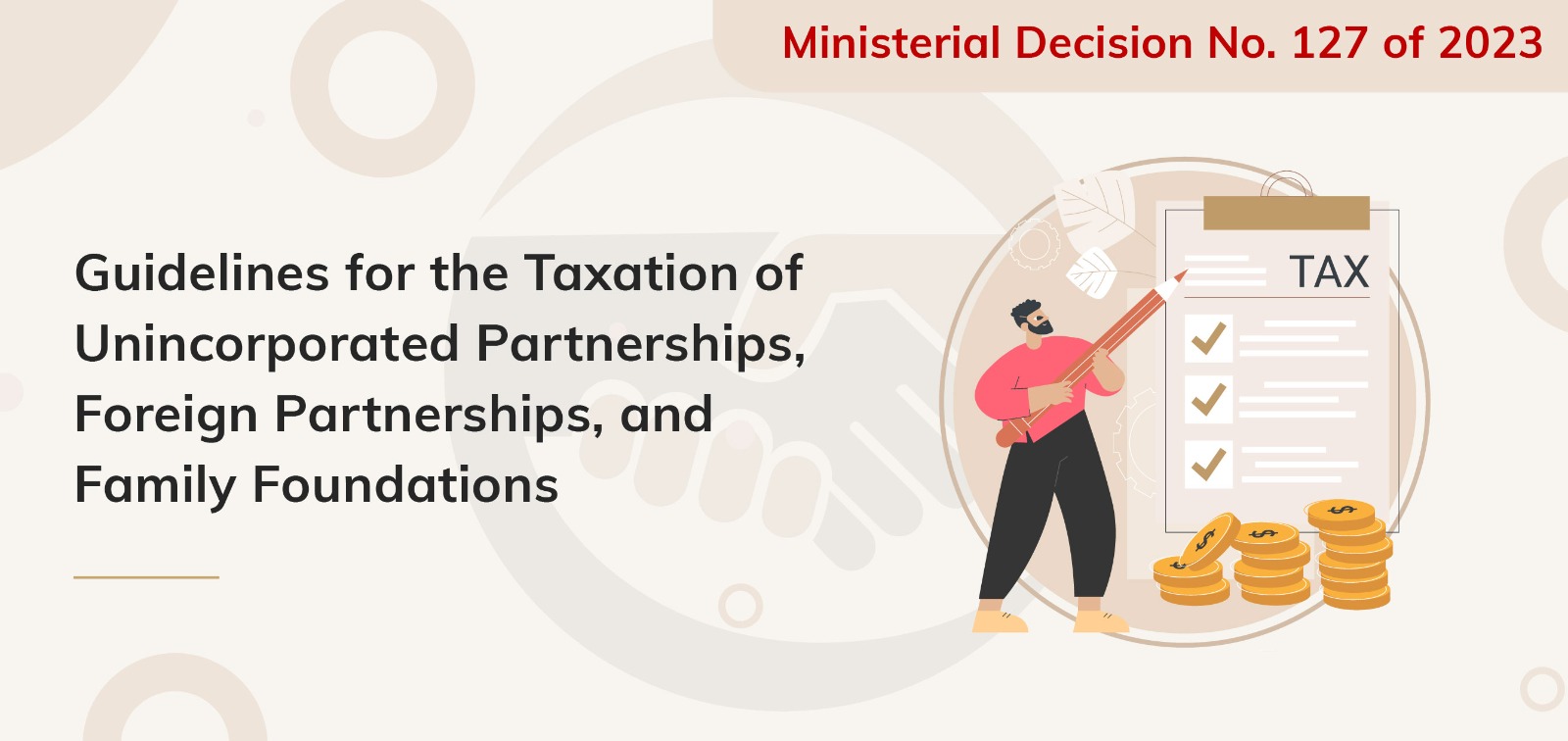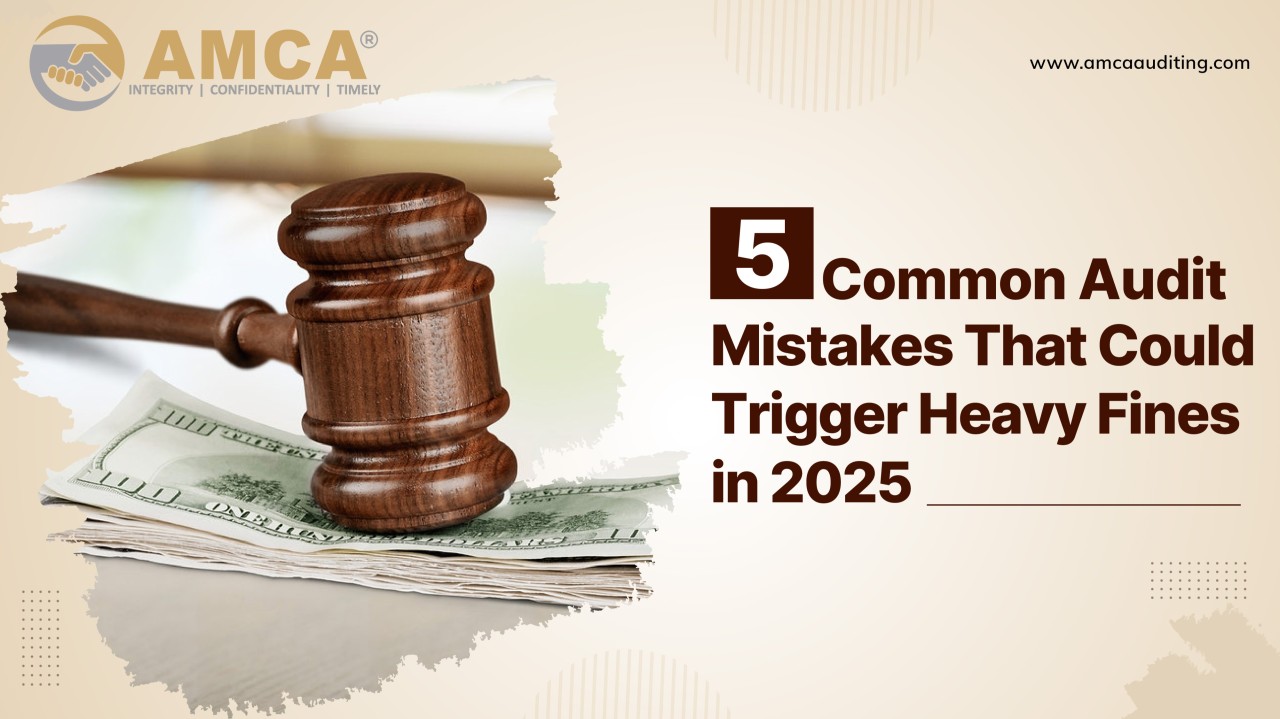
05 Jul 2023
Unincorporated partnerships play a significant role in various business structures, offering flexibility and favorable tax treatment for many entrepreneurs. However, the taxation of unincorporated partnerships can vary depending on the legal status, composition, and operational characteristics. This article explores the implications of specific conditions outlined in Articles 3 to 6 of Ministerial Decision no. 127 of 2023 Corporate Tax Law, shedding light on when an unincorporated partnership may or may not be considered a taxable person in its own right.
- Unincorporated Partnership's Taxable Person Status-Article 2
Article 16(1) of the Corporate Tax Law establishes that an unincorporated partnership, as long as it is not a juridical person, will not be considered a taxable person in its own right. This provision acknowledges that the partnership should not bear the burden of taxation separate from its individual partners. In essence, the tax liability is passed on to the partners, who report and pay taxes on their share of the partnership's profits or losses. Consequently, the unincorporated partnership does not file tax returns or pay taxes directly.
- Treating Unincorporated Partnership as a Taxable Person-Article 3
Under exceptional circumstances and with the approval of the Authority, an unincorporated partnership may opt to be treated as a taxable person in its own right (Article 3). However, once approved, this application becomes irrevocable, reinforcing the commitment of the partnership to assume tax obligations independently. It is crucial for the partnership to notify the Authority within twenty business days of any changes in partner composition (joining or leaving), ensuring accurate reporting and compliance.
- Foreign Partnerships and Taxation-Article 4
Foreign partnerships seeking recognition as unincorporated partnerships under Clause 7 of Article 16 of Corporate Tax Law face additional conditions (Article 4). These include submitting an annual declaration confirming compliance with the requirements specified by the Authority. Furthermore, the partnership must establish effective cooperation between the State and the jurisdiction under which it was established to facilitate the exchange of tax information concerning the partners. This measure promotes transparency and the prevention of tax evasion.
- Tax Liability of Foreign Partnership's Partners
According to Article 4(2), partners within a foreign partnership will be subject to tax individually if they would already be taxed on their distributive share of income in the jurisdiction where they are tax residents. This provision ensures that partners do not exploit tax advantages by evading taxation in their respective jurisdictions, aligning with the principle of equitable taxation.
- Family Foundations as Unincorporated Partnerships-Article 5
In line with the relevant Article on Corporate Tax Law addressing the treatment of family foundations as an unincorporated partnership, Article 5 of this decision discusses the specific conditions that the Foundations must meet when one or more beneficiaries of a family foundation are public benefit entities. Firstly, beneficiaries must not derive income that would be considered taxable if earned individually. Alternatively, if taxable income is generated, the foundation must distribute it to the relevant beneficiaries within six months from the end of the relevant Tax Period. These conditions ensure that the tax-exempt status granted to public benefit entities is not misused to generate untaxed income within the family foundation structure.
The conditions outlined in Articles 3 to 5 6 of this Ministerial Decision establish important guidelines for the taxation of unincorporated partnerships, including their recognition as taxable persons, compliance requirements for foreign partnerships, and the treatment of family foundations. These provisions aim to strike.




